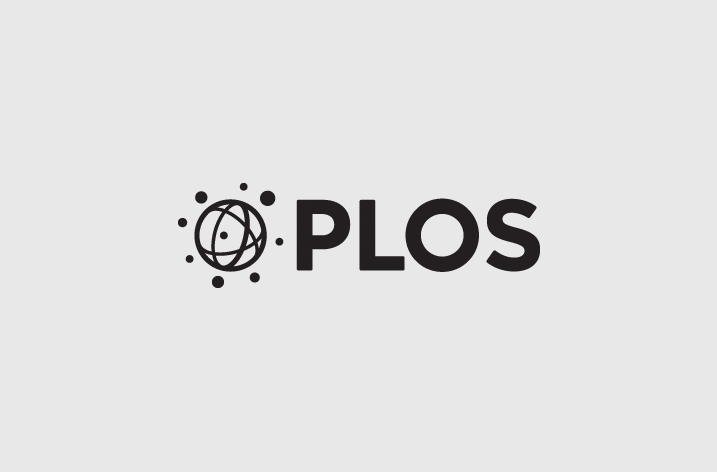
PLOS, leading Open Access publisher, now partners directly with protocols.io to provide authors better ways to share methodological details about their work, together with persistent, citable identifiers for laboratory methods and practical tools to reduce wasted research efforts.
For PLOS, this is a step forward on commitments to address reproducibility and provide improved recognition and credit for all contributions to a work and complements the organization’s already robust data availability policy, requiring that data underlying the conclusions of an article be made available at the time of publication.
“We are excited to engage with protocols.io,” says PLOS Executive Editor Veronique Kiermer. “This is another step towards Open Science, facilitating access not only to the data but now also to the laboratory methodology that generated these data.”
Researchers are encouraged to deposit their laboratory protocols on the protocols.io site, obtain a unique DOI and link directly to these from the Methods section of their articles. The unique link allows reviewers and editors access to the protocols during peer review. At the time of publication, the partnership between PLOS and protocols.io ensures that links to and from the published article are established and protocols are automatically made publicly available under a CC BY license for anyone to access, use and cite.
“We are delighted to be associated with a like-minded partner such as PLOS,” says protocols.io CEO Lenny Teytelman. “We are aligned in our Open Access ethos, and we strive to facilitate the communication of research in an effective, accessible and reusable way.”
Archived and linked permanently to and from the article, protocols become part of the scientific record. The protocols.io application described at http://plos.io/2c53QmK allows scientists to create, copy, modify and evolve laboratory protocols, describing the critical details of experimental procedures that are often overlooked in articles Methods sections. While detailed steps in a protocol may evolve and improve over time, the version that relates to the published article remains accessible to help explain experimental nuances.
A DOI for methods, citable by others, provides more granular credit to those individuals contributing to methodological development. It also enables researchers to compare methodological details between laboratories pursuing similar approaches or between published experimental methods and those subtly revised by users. In this respect, protocols.io helps bridge an information gap between published experimental methods and methods refined over time.
PLOS looks forward to authors’ participation in this novel approach to enhancing Methods sections—an Open Access tool to record and share detailed protocols. Solutions to the challenges of reproducibility in experimental science should be as diverse as the challenges themselves. Visit http://blogs.plos.org/plos/2017/04/protocols-io-tools-for-reproducibility/ for more information



























